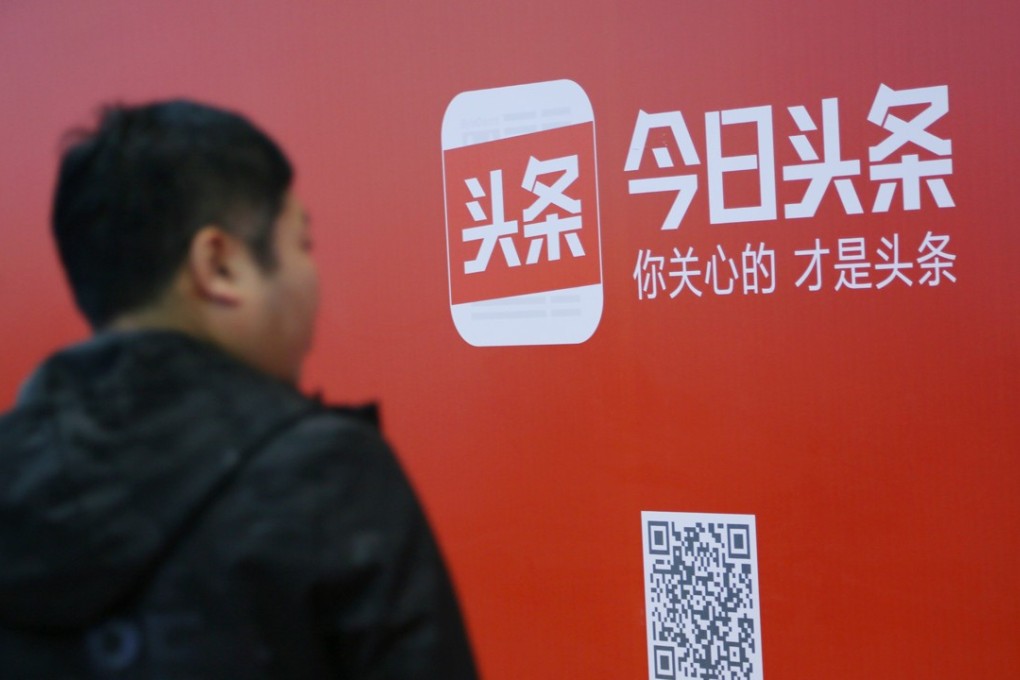This migrant worker lost his 56-year-old mentally ill sibling during Lunar New Year travel crush. Toutiao helped find him
Social media apps help locate some of millions of people who go missing in China every year

One moment, Liu Shu was pushing his way through the crowd at the railway station with his 56-year-old elder brother in tow, the next moment his mentally ill sibling was gone, lost in the sea of migrant workers heading home to reunite with their families during Lunar New Year, China’s most important holiday.
For most people who get separated from their families in a crowd, the first instinct would probably be to whip out their mobile phone and agree on a rendezvous point. But Liu’s brother is not like most people. First, he does not have a phone on him; second, he does not have any money; and third and perhaps most critically, his mental illness is so serious he can’t recall his name or communicate with other people.
The younger Liu searched the railway station and its surroundings for hours, asked countless passer-bys and handed out more than a hundred fliers with information on his missing sibling, before finally making a police report.
His brother was found three days later on January 30 in a hospital, when a staffer there chanced upon a missing persons notice sent out via Jinri Toutiao, China’s most popular news aggregator app that unknown to many is also the country’s biggest finder of missing persons. Thanks to the location-based service, the Liu family will be able to join the majority of China’s 1.4 billion people on Thursday evening to celebrate one of its most treasured rituals: the annual reunion dinner.
With 120 million active daily users and using its location-based services to tailor individual news feeds, Jinri Toutiao, or Today’s Headlines, helped find 3,573 missions persons last year. A significant share of these people were elderly suffering from Alzheimer’s.
“The key is to know when and where they went missing and send the information to the right people,” Zeng Hua, who is in charge of Toutiao’s missing person alert project, said in an interview.